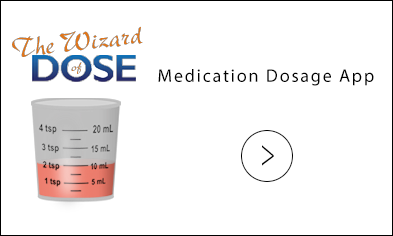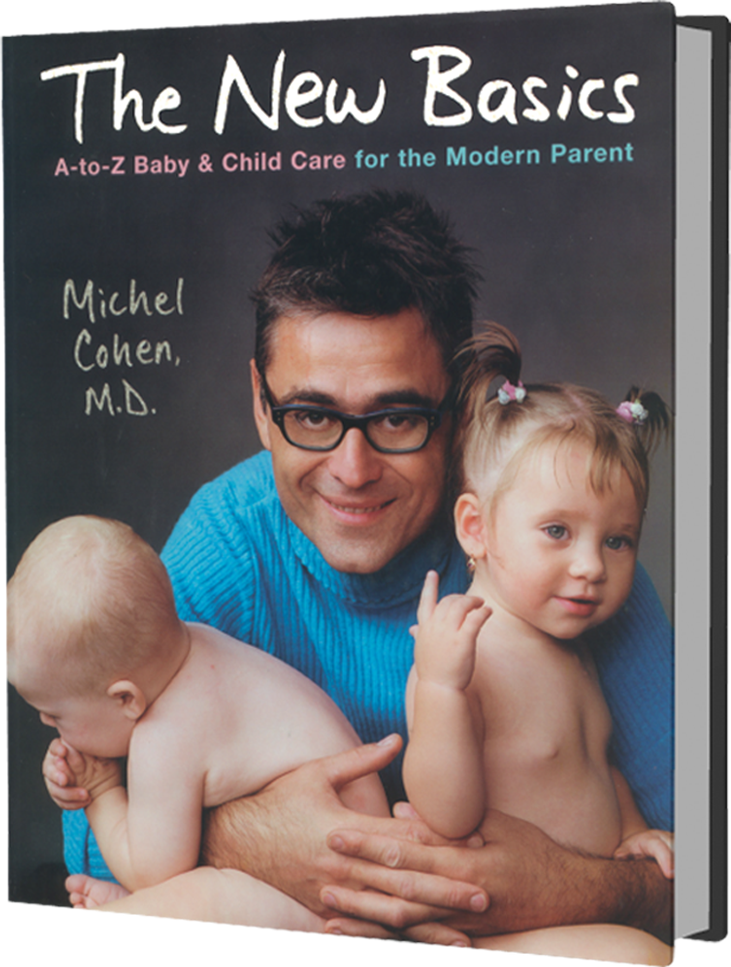
Reflux
In Infants
 Gastrointestinal reflux is the return of food upward through the esophagus and mouth. Technically, every baby on Earth has gastrointestinal reflux; that’s why they wear bibs. At this point in a baby’s life, the muscle that tightens the top of the stomach is still loose, so some of the milk goes back up, resulting in spitting up. For true reflux to occur there must be vomiting.
Gastrointestinal reflux is the return of food upward through the esophagus and mouth. Technically, every baby on Earth has gastrointestinal reflux; that’s why they wear bibs. At this point in a baby’s life, the muscle that tightens the top of the stomach is still loose, so some of the milk goes back up, resulting in spitting up. For true reflux to occur there must be vomiting.
Reflux and Overfeeding
Before you or your doctor diagnoses Lucy with reflux, be absolutely certain that you’re not overfeeding her. Why would you be overfeeding her? Hmmm, let’s see. Maybe Lucy has a cranky moment and you think she’s hungry. She isn’t, but she takes the bottle or the breast as a pacifier. And as she swallows what comes out of the nipple, her belly becomes distended, causing her even more discomfort. And you feed her even more because she’s still cranky, until she can’t handle it anymore and she vomits.
This scenario, all too typical in young babies, can lead to a misdiagnosis of reflux. If you see yourself in that little story, try not to respond to each crying episode by giving food [See:Colic]. On the other hand, if you are confident that she has not been overfed but she’s still vomiting frequently, she may indeed have real reflux.
Real Reflux
The true reflux that doctors refer to when they’re talking about infants occurs when the stomach sphincter muscle is abnormally weak, and food is delivered back through the mouth in the form of projectile vomit almost every time Lucy is fed. (Vomiting is different from a little spitting up.) If Lucy turns out to have reflux, it’s not a problem as long as she’s gaining weight steadily; it will improve naturally by the time she is eight months old or so. In the meantime, there are some measures you can take to limit the regurgitation:
- Take pauses and burp her during feeding to allow the milk to settle in the stomach.
- Keep her upright and avoid too much movement or handling for a while after she’s done eating.
- Medications such as Zantac, which are supposed to limit acidity, have limited efficacy and should only be used in pronounced cases.
Reflux and Colic
I’ve seen many babies who were labeled colicky and put on antireflux medication, even though they didn’t vomit more than the average (except when overfed, as explained above). The rationale for treating fussy babies with anti-reflux medication goes something like this: The milk regurgitated from the stomach creates heartburn, and this discomfort makes the baby cry. But this rationale makes no sense: If the milk were regurgitated, there would be no reason for it to stop halfway, so you’d see it come up in the form of vomit. And why would regurgitation hurt these babies more than others? In my opinion, this is yet another of those quick fixes that falsely allows doctors (and parents) to think that they have found a perfect solution to the problem, when there really isn’t a failsafe one. Unfortunately, these parents become even more frustrated and disillusioned when the promised improvements don’t occur with medications.
In Older Children
 Older kids who don’t drink coffee, tea, or alcohol; don’t smoke; and don’t get aggravated at home or at work rarely suffer from reflux.
Older kids who don’t drink coffee, tea, or alcohol; don’t smoke; and don’t get aggravated at home or at work rarely suffer from reflux.




 MEDICATION DOSAGE
MEDICATION DOSAGE

